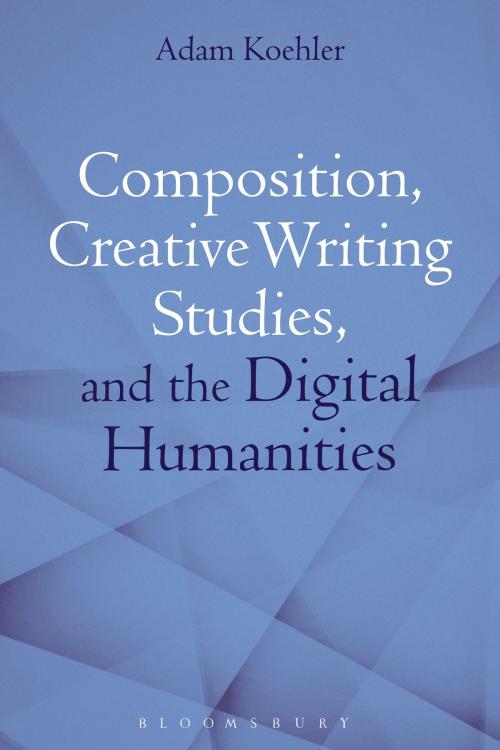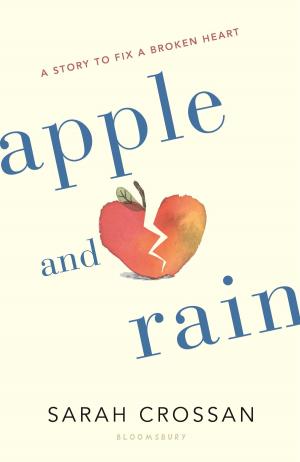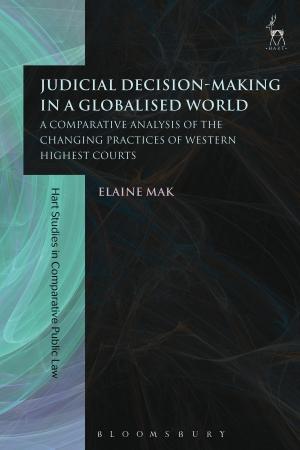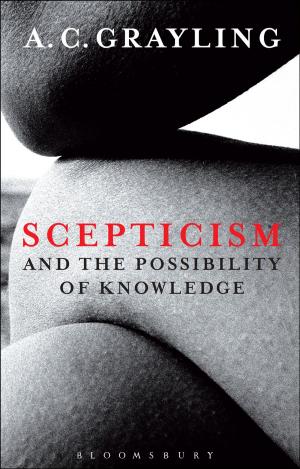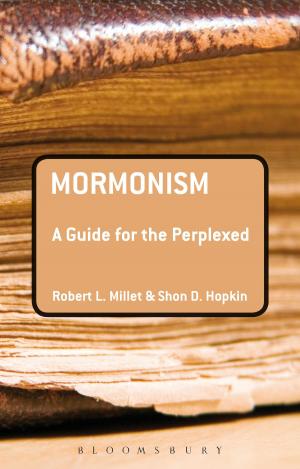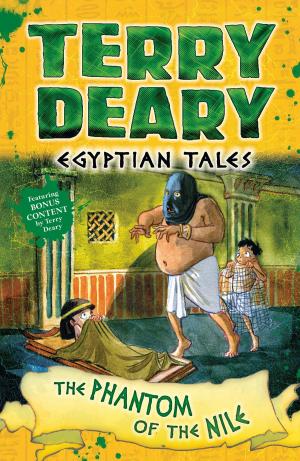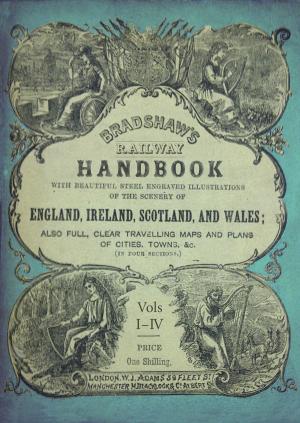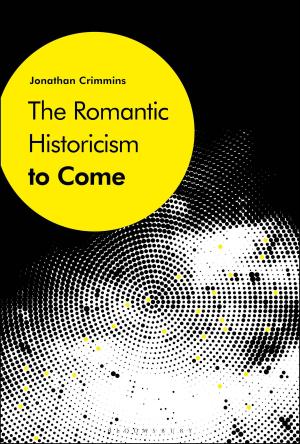Composition, Creative Writing Studies, and the Digital Humanities
Nonfiction, Reference & Language, Language Arts, Study & Teaching, Writing & Publishing, Composition & Creative Writing| Author: | Dr Adam Koehler | ISBN: | 9781472591951 |
| Publisher: | Bloomsbury Publishing | Publication: | January 26, 2017 |
| Imprint: | Bloomsbury Academic | Language: | English |
| Author: | Dr Adam Koehler |
| ISBN: | 9781472591951 |
| Publisher: | Bloomsbury Publishing |
| Publication: | January 26, 2017 |
| Imprint: | Bloomsbury Academic |
| Language: | English |
In an era of blurred generic boundaries, multimedia storytelling, and open-source culture, creative writing scholars stand poised to consider the role that technology-and the creative writer's playful engagement with technology-has occupied in the evolution of its theory and practice*.
Composition, Creative Writing Studies and the Digital Humanities* is the first book to bring these three fields together to open up new opportunities and directions for creative writing studies. Placing the rise of Creative Writing Studies alongside the rise of the digital humanities in Composition/Rhetoric, Adam Koehler shows that the use of new media and its attendant re-evaluation of fundamental assumptions in the field stands to guide Creative Writing Studies into a new era. Covering current developments in composition and the digital humanities, this book re-examines established assumptions about process, genre, authority/authorship and pedagogical practice in the creative writing classroom.
In an era of blurred generic boundaries, multimedia storytelling, and open-source culture, creative writing scholars stand poised to consider the role that technology-and the creative writer's playful engagement with technology-has occupied in the evolution of its theory and practice*.
Composition, Creative Writing Studies and the Digital Humanities* is the first book to bring these three fields together to open up new opportunities and directions for creative writing studies. Placing the rise of Creative Writing Studies alongside the rise of the digital humanities in Composition/Rhetoric, Adam Koehler shows that the use of new media and its attendant re-evaluation of fundamental assumptions in the field stands to guide Creative Writing Studies into a new era. Covering current developments in composition and the digital humanities, this book re-examines established assumptions about process, genre, authority/authorship and pedagogical practice in the creative writing classroom.
